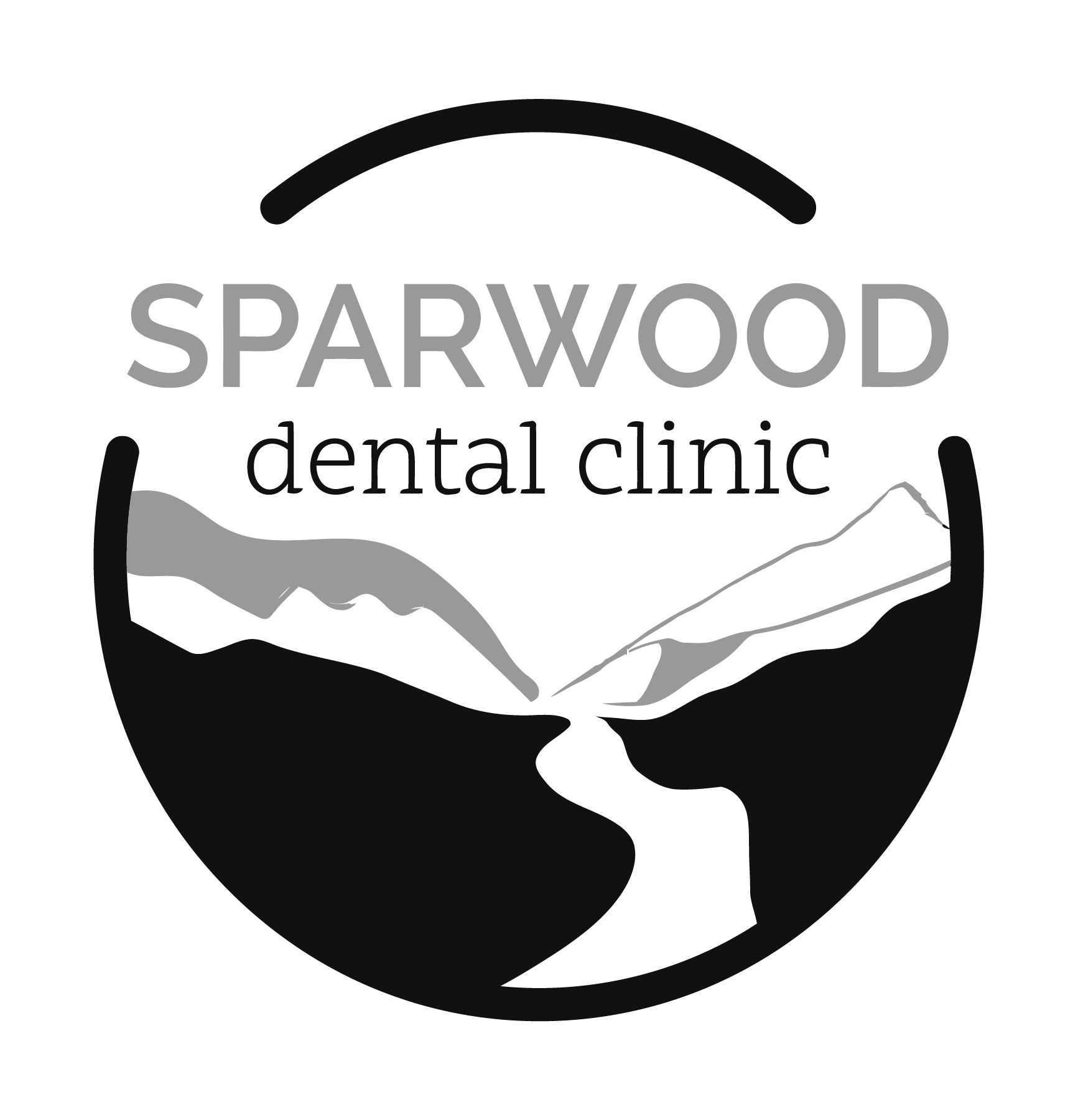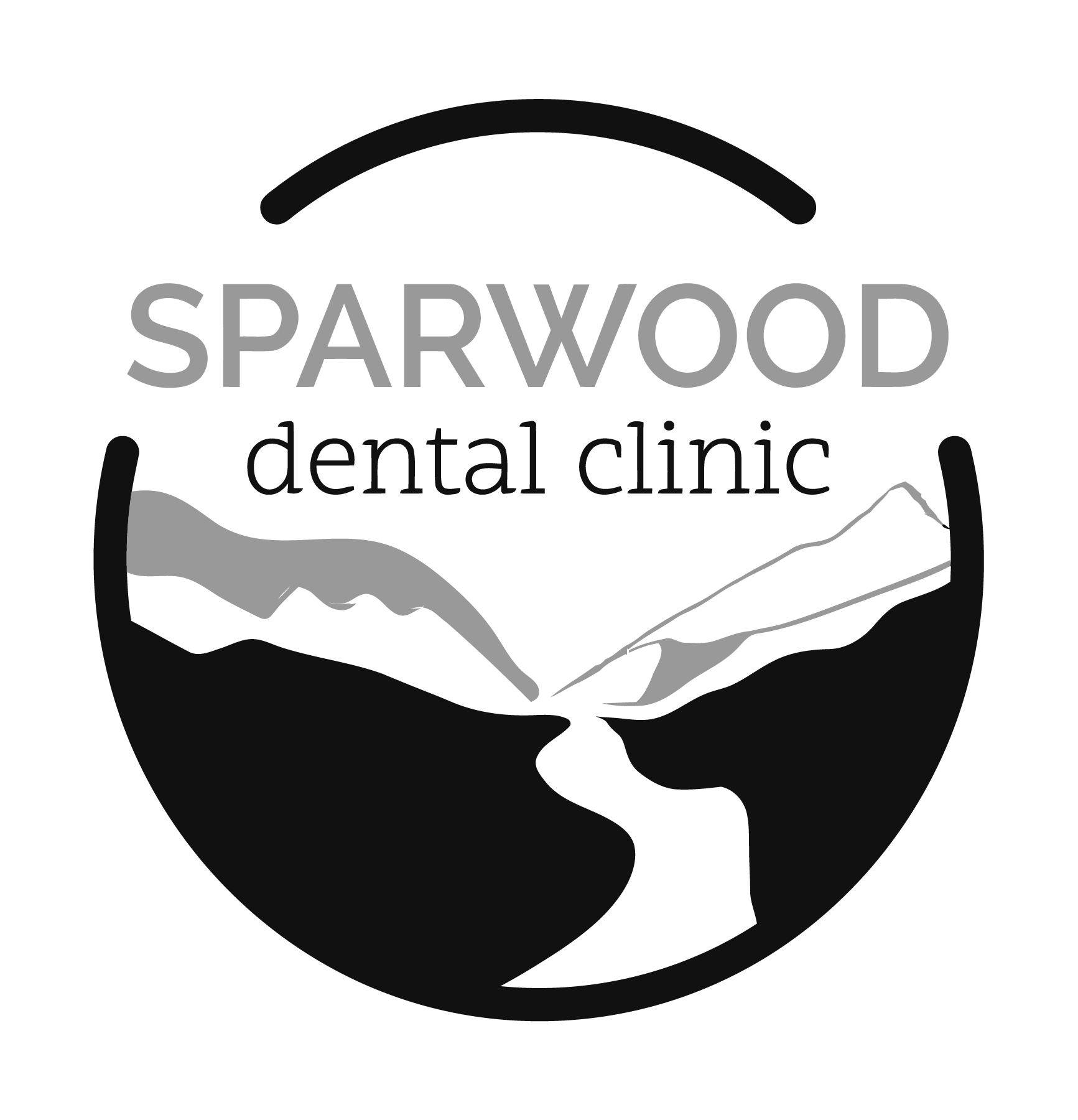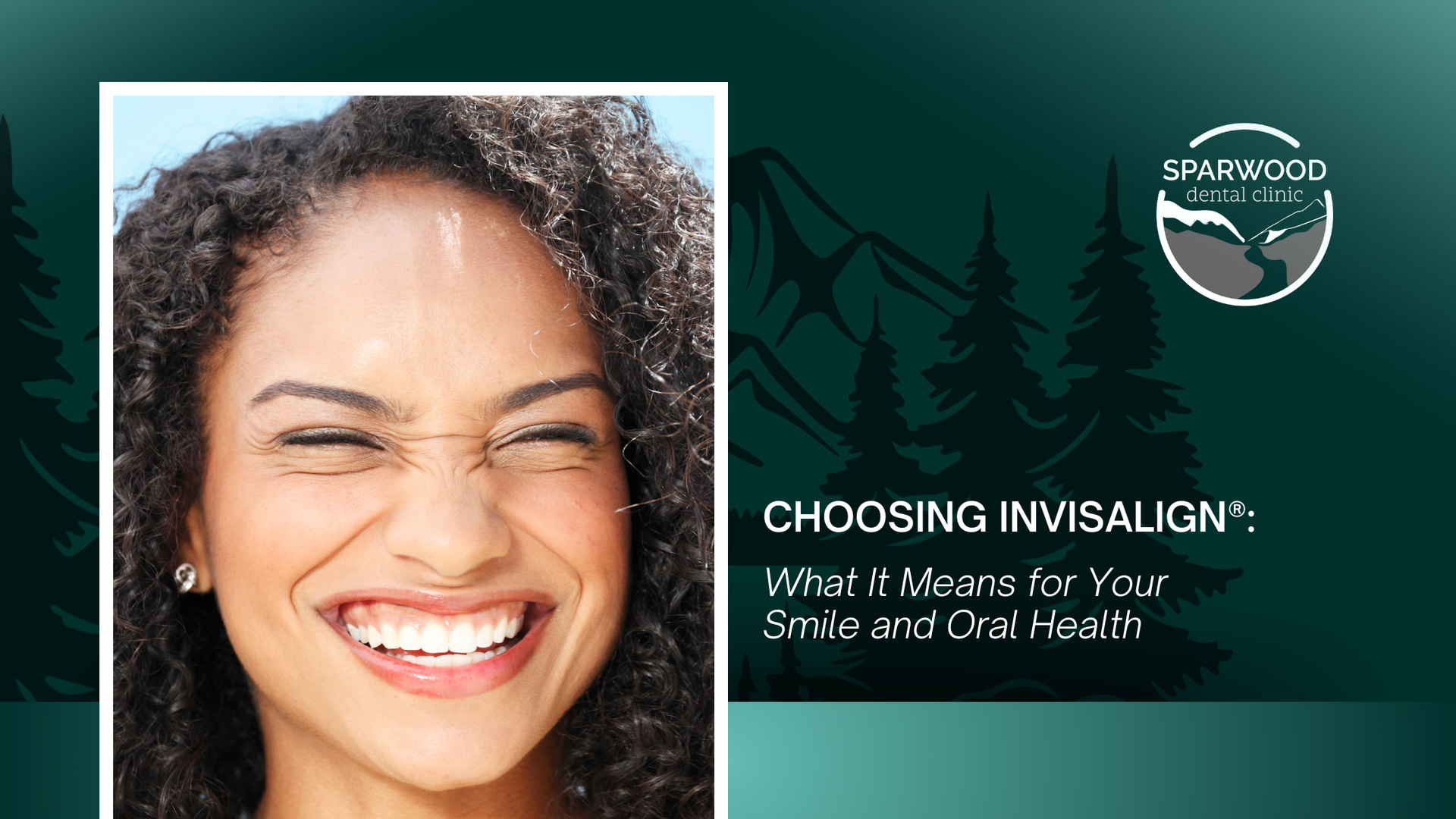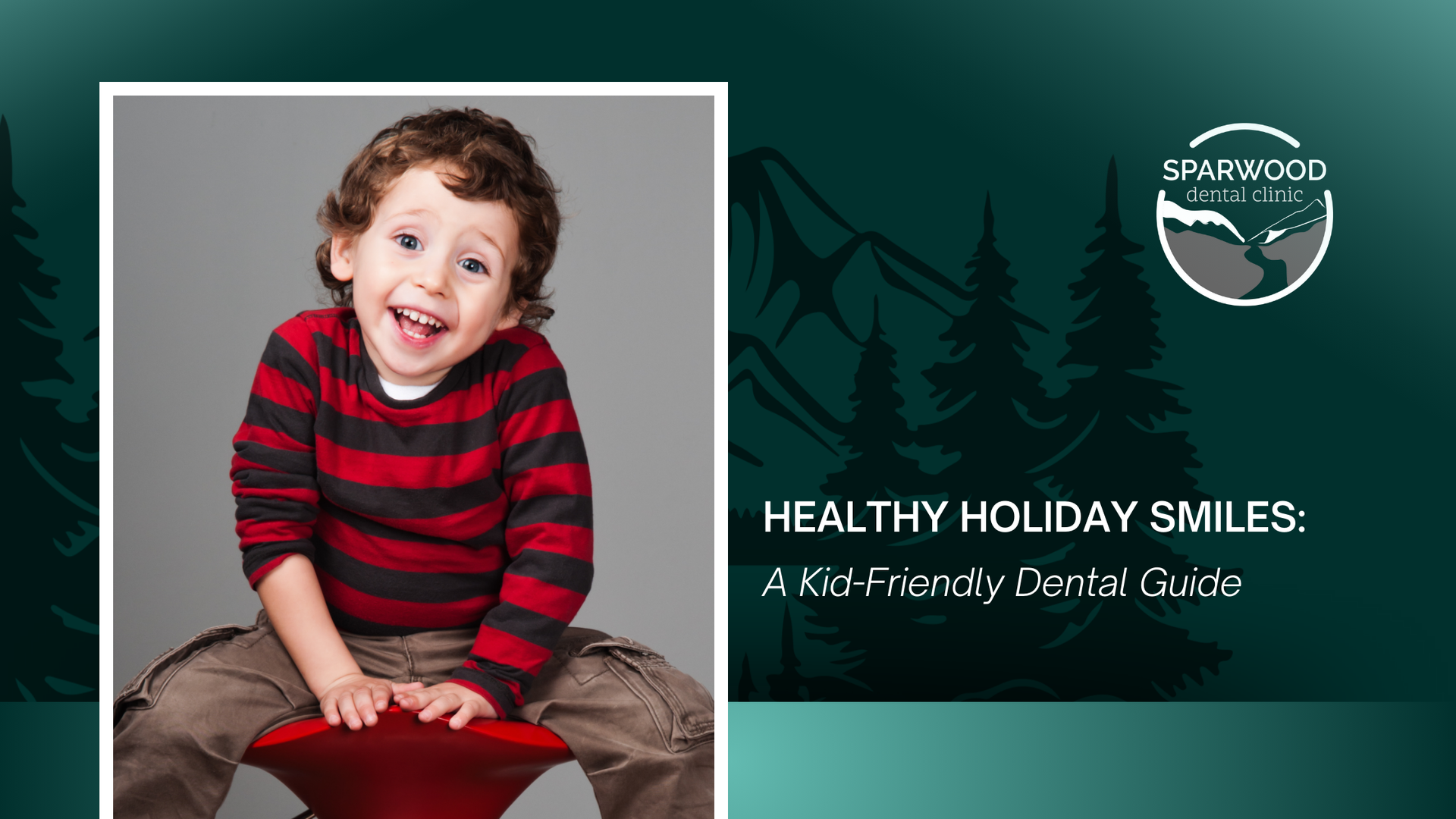How Sleeping and Your Teeth Are Connected

Our teeth are impacted by several factors, one of which is the quality of sleep we experience. Though it might not appear to be a contributing aspect to your oral health status, various sleeping conditions are more than capable of negatively affecting teeth. The team at Sparwood Dental Clinic has reviewed some of the more common sleep conditions that patients encounter and explained how dentistry can help overcome these concerns, preventing any long-term effects on teeth.
Grinding (Bruxism)
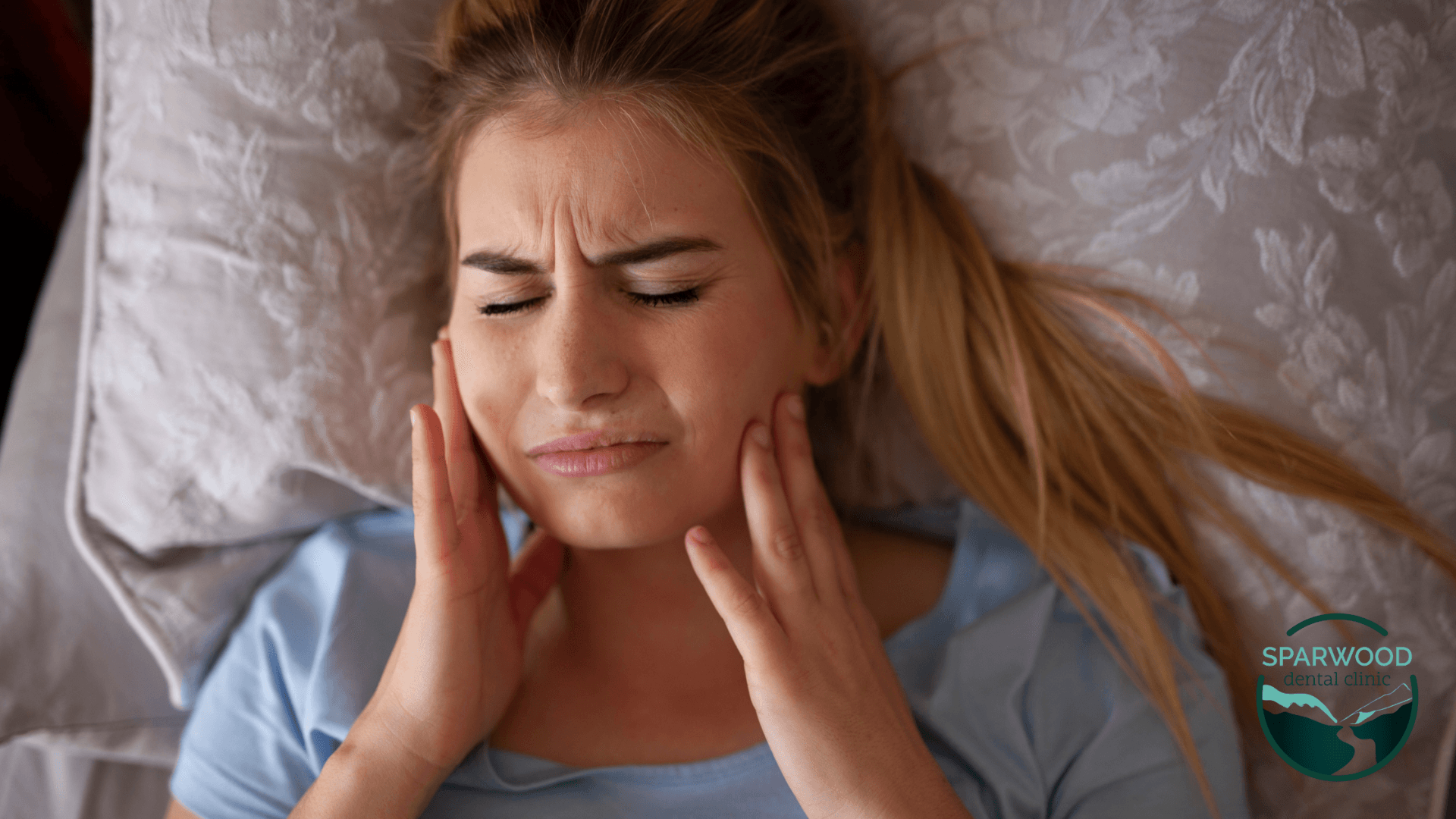
Bruxism, a condition in which you grind or clench your teeth, can occur as you are awake or during sleep hours. Sleep bruxism is viewed as a sleep-related movement disorder and patients who clench or grind their teeth whilst sleeping are more likely to suffer from other sleep disorders. The mild form of bruxism might not require treatment, but certain patients can experience teeth grinding to such an extent that it causes jaw disorders, headaches, tooth issues, and other worries.
There are numerous signs and symptoms of bruxism:
⦁ teeth grinding or clenching, which might be loud enough to awaken your sleep partner
⦁ flattened, fractured, chipped, or loose teeth
⦁ worn tooth enamel that results in the deep layers of your tooth being visible
⦁ increased tooth pain or sensitivity
⦁ tired or tight jaw muscles
⦁ a locked jaw that will not open or close completely
⦁ pain or soreness within the jaw, neck, or face
⦁ headache that begins in the temples
⦁ sleep disruption
⦁ chew marks on the inside of your cheek
If you notice any of these symptoms, consult your dentist immediately to see what is the best course of treatment. He or she can supply you with a mouth guard that fits over your teeth and prevents them from further grinding against each other. Or they might suggest lifestyle changes that limit stress, including the avoidance of alcohol or caffeine. Your dentist can also ask questions about your sleeping patterns and determine if a sleep study is necessary.
Sleep Apnea
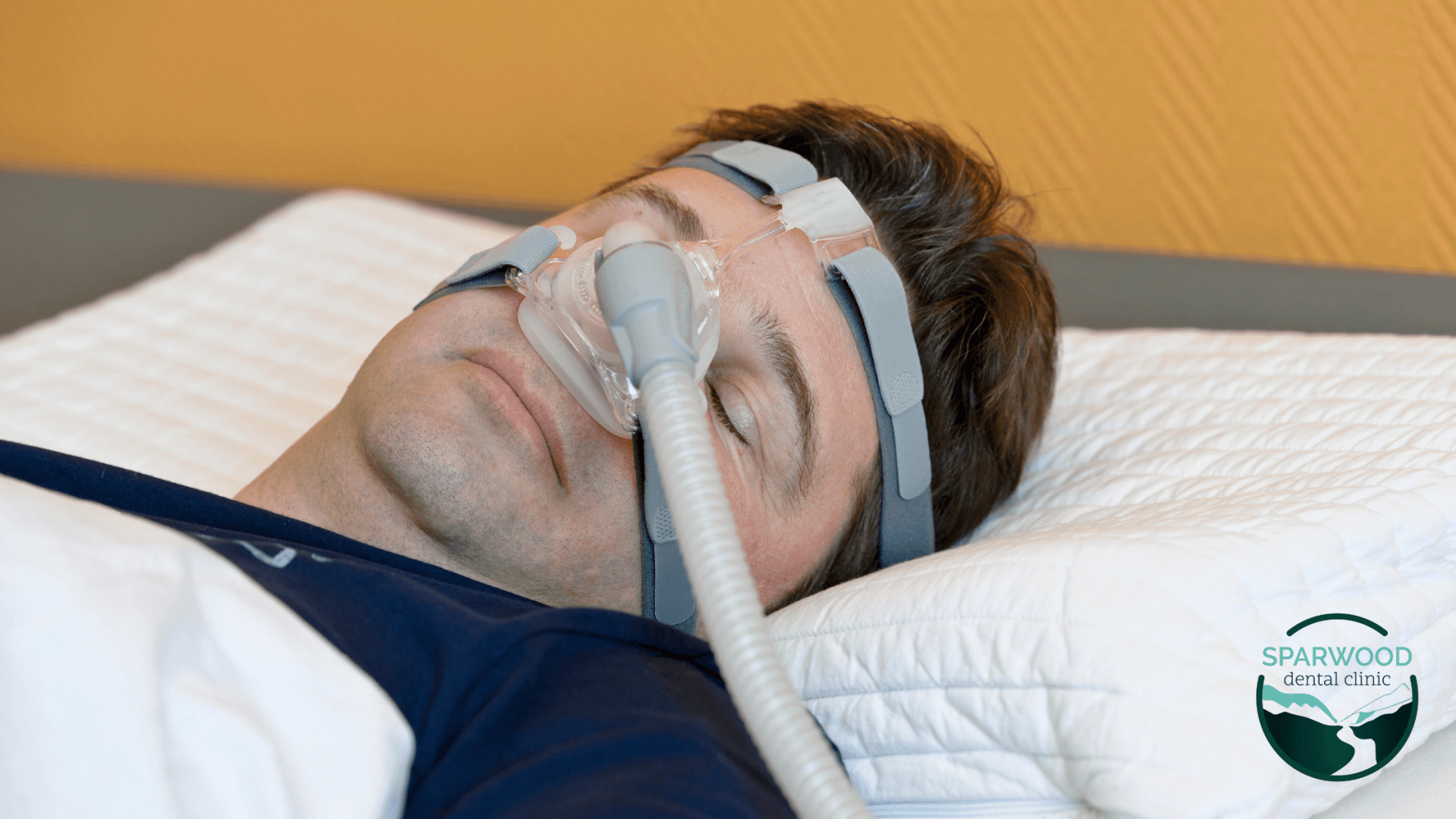
Sleep apnea is a sleep disorder that sees your breathing frequently start and stop, a condition that can have serious consequences on your oral health. The three main types of sleep apnea are obstructive sleep apnea (occurs when throat muscles relax), central sleep apnea (when your brain fails to send proper signals to the muscles that regulate breathing), and complex sleep apnea syndrome (occurs when a patient has both obstructive and central sleep apnea).
Some of the most common signs and symptoms of sleep apnea are:
⦁ loud snoring
⦁ moments in which you stop breathing during sleep
⦁ struggling for air during sleep
⦁ awakening with a dry mouth
⦁ morning headache
⦁ insomnia (trouble remaining asleep)
⦁ hypersomnia (constant daytime sleepiness)
⦁ difficulty paying attention while you are awake
⦁ irritability
Based on your particular signs, symptoms, and sleep history, your dentist will evaluate your sleep apnea and possibly refer you to a sleep disorder center, where a sleep specialist can confirm your needs.
Milder cases of sleep apnea might be resolved by lifestyle changes suggested by your dentist, whether that is weight loss or quitting smoking.
Your dentist might urge you to wear an oral appliance that is intended to keep your throat open, hopefully relieving snoring and mild obstructive sleep apnea in the process. After trying on a few devices and finding the right fit, you will be asked to follow up with your dentist consistently throughout the first year and then regularly after that initial period. At these appointments, your dentist will verify that the fit of the oral appliance remains good and re-assess your symptoms.
Dry Mouth

Saliva is important for oral health because it moistens and cleanses your mouth, while also helping to digest food. By controlling bacteria and fungi in the mouth, saliva prevents infection.
A lack of saliva can result in dry mouth, which can stem from side effects of certain medications, infections, or medical treatments, nerve issues, dehydration, lifestyle habits, or surgical removal of the salivary glands. Dry mouth increases your risk of gingivitis (gum disease), tooth decay, and mouth infections.
Symptoms of dry mouth include:
⦁ a sticky, dry feeling within the mouth
⦁ constant thirst
⦁ sores in the mouth or at the corners of the mouth
⦁ cracked lips
⦁ dryness in the throat
⦁ a burning or tingling sensation in the mouth, particularly on the tongue
⦁ a dry, raw, or red tongue
⦁ issues speaking, tasting, swallowing, or chewing
⦁ dry nasal passages
⦁ sore throat
⦁ bad breath
Treatment solutions from your dentist will often concentrate on managing other medical conditions, preventing tooth decay, and increasing the flow of saliva. Good oral hygiene habits that can help you avoid tooth decay and gum disease from lingering dry mouth are brushing your teeth twice per day, daily flossing, using a toothpaste that contains fluoride, and visiting your dentist for an appointment every six months.
Snoring
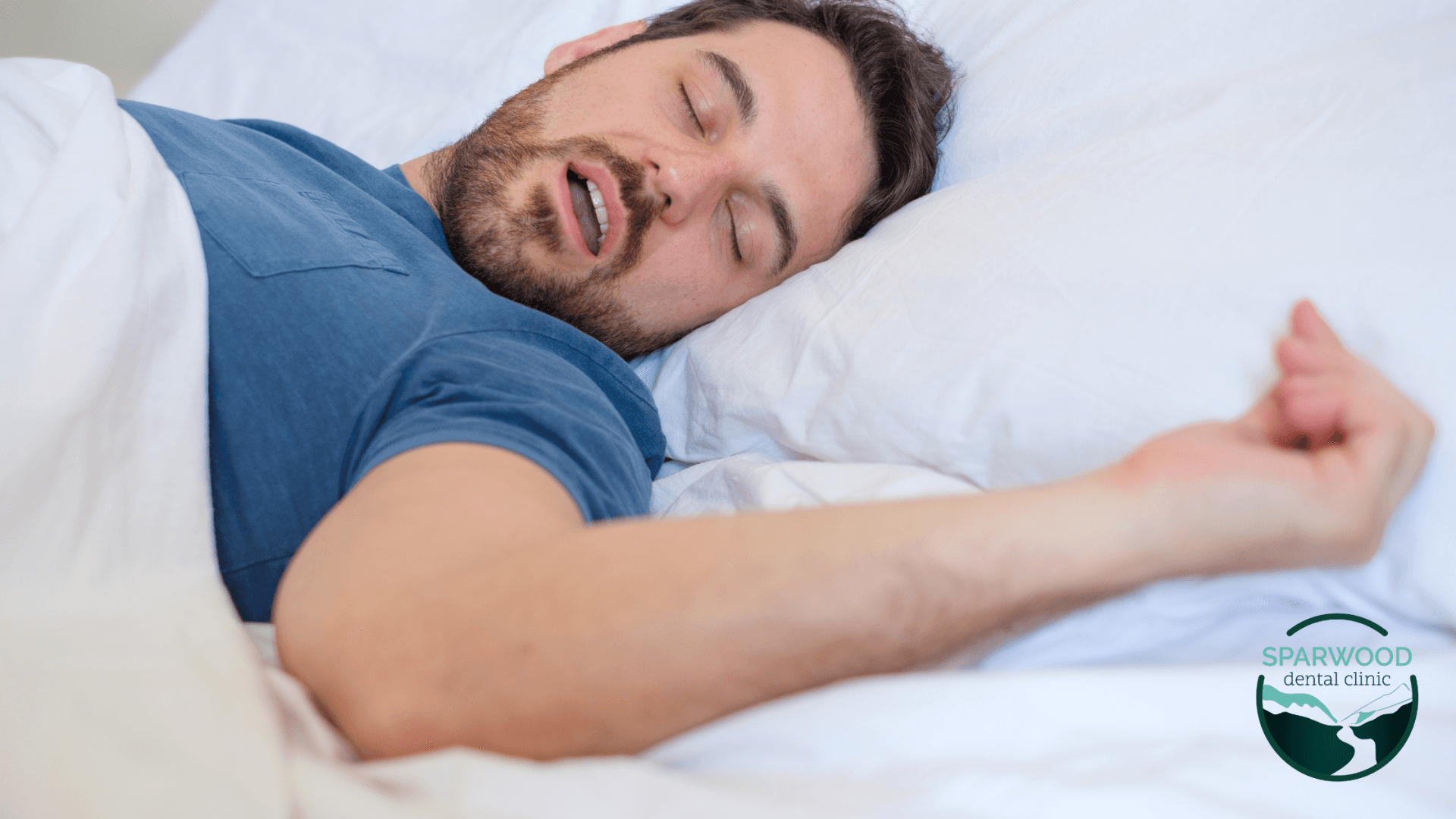
Lengthy snoring, which is when the flow of air through your mouth and nose becomes blocked, is detrimental to your quality of sleep and can even be a symptom of obstructive sleep apnea. Speak to your dentist if you are excessively sleepy throughout the day, snoring often or loudly, or if your partner realizes that you at times stop breathing completely.
Airflow can be restricted due to several reasons: blocked nasal airways, inadequate muscle tone in your throat and tongue (these muscles become highly relaxed and collapse into your airway), sizeable throat tissue, alcohol and drug use, long soft palate (limits the opening from your nose to your throat), your sleep position, and sleep deprivation.
Our dentists might recommend certain lifestyle changes to reduce snoring. Weight loss can be beneficial in relieving the constriction of your throat and, because many patients only snore when sleeping on their back, adjusting to a side sleep position can eliminate airway blockage.
A custom snore guard is another option that your dentist might have you consider, an oral appliance that is similar to a mouth guard. It works to reduce or eliminate snoring by repositioning the jaw and tongue to create comfortable airflow.
Good Sleep Helps Your Oral Health
A sufficient night of sleep assists in repairing your cardiovascular system and blood vessels from any setbacks sustained during the day. This allows for vital nutrients, like calcium and phosphate, to be transferred to the bone tissue of your teeth, repairing, replenishing, and strengthening the enamel.
Also, a great sleeping pattern is helpful in how your immune system functions, ultimately protecting your body from bacteria, infections, and illnesses. Sleeping recharges the immune system through the increased production of cytokines, a protein your body requires to prevent infections and inflammations, and the same process applies to the bacteria in your mouth. Our mouths contain plenty of bacteria and the immune system is important for stopping any infections, such as gum disease and tooth decay.

